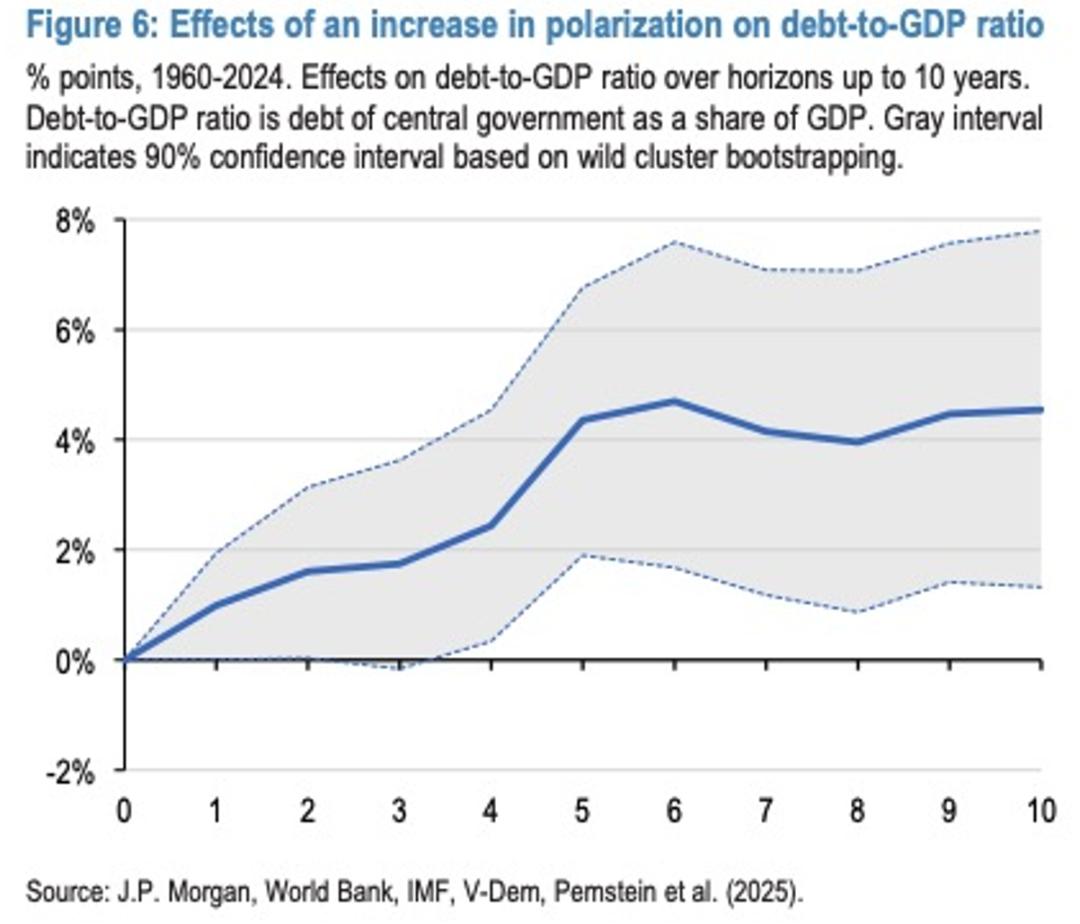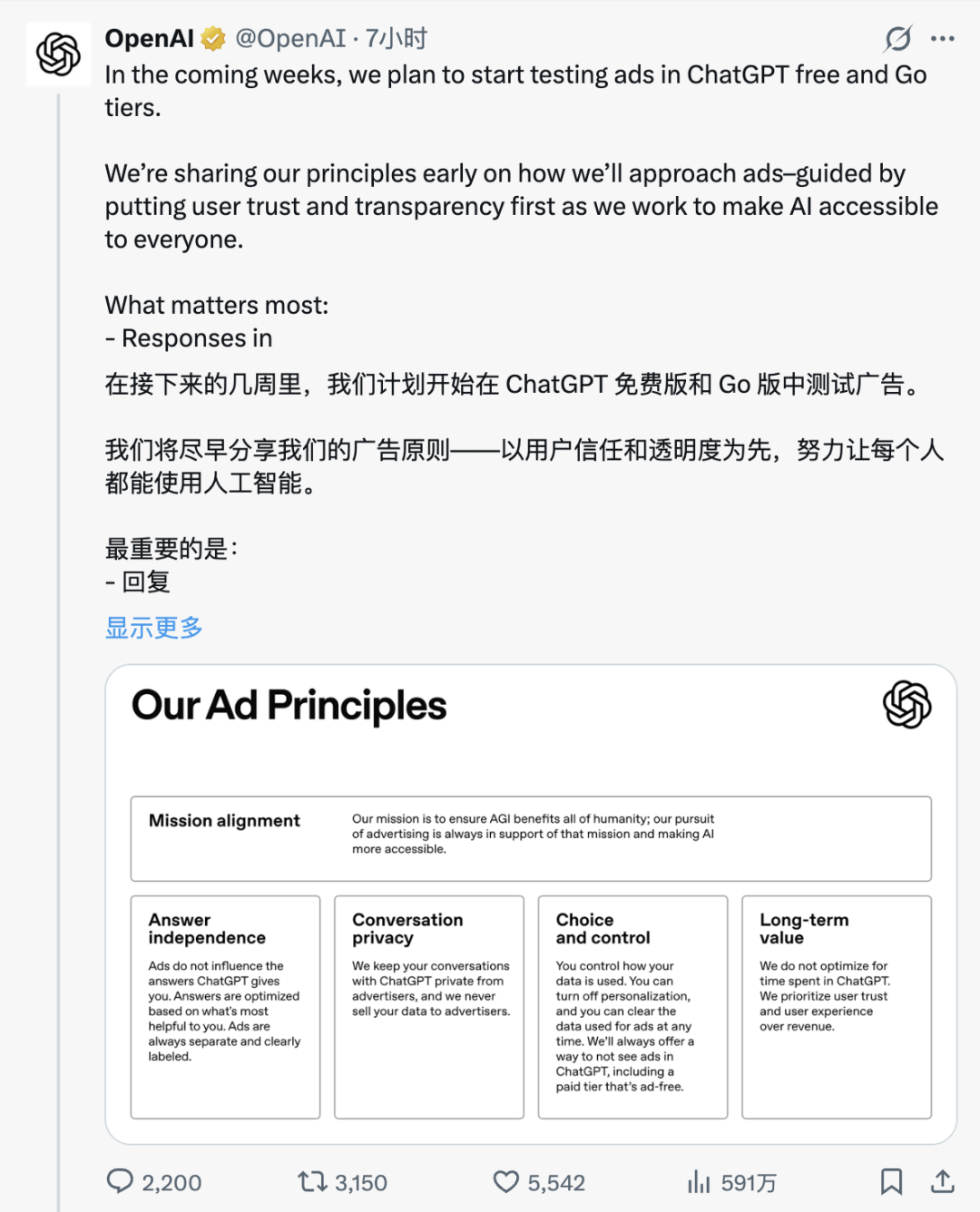Tokenizing Real Estate: Seazen Group's Blockchain-Driven Turnaround and the Future of RWA Markets in China
- Seazen Group is tokenizing real estate assets via blockchain to address liquidity crises and pioneer institutional-grade RWA markets in China. - The company leverages Hong Kong's regulatory sandbox, issuing tokenized bonds and NFTs for Wuyue Plaza while complying with e-CNY and CSRC rules. - Tokenization has enabled $300M in bond sales and 894.9M yuan net income, positioning Seazen as a catalyst for China's $4T tokenized real estate market by 2035. - Challenges include regulatory fragmentation and low li
The Chinese real estate sector, long plagued by liquidity crises and regulatory uncertainty, is witnessing a paradigm shift through blockchain-based real-world asset (RWA) tokenization. At the forefront of this transformation is Seazen Group, a major property developer leveraging digital innovation to stabilize its financial position and pioneer a new era of institutional-grade liquidity. By tokenizing assets like its Wuyue Plaza shopping centers and issuing blockchain-backed debt, Seazen is not only addressing its own challenges but also setting a blueprint for the broader RWA market in China.
Strategic Innovation: Seazen’s Blockchain-Driven Turnaround
Seazen’s foray into RWA tokenization began with the establishment of the Seazen Digital Assets Institute in Hong Kong, a strategic move aligned with the city’s progressive digital asset policies [1]. This institute is tasked with exploring the tokenization of intellectual property, asset income, and physical real estate, including the issuance of non-fungible tokens (NFTs) tied to its Wuyue Plaza properties [2]. By converting these high-value assets into tradable digital tokens, Seazen aims to unlock liquidity that was previously locked in illiquid real estate holdings.
The company’s strategy extends beyond NFTs. It plans to issue tokenized private and convertible bonds, a move that could reduce financing costs and attract a broader investor base compared to traditional debt instruments [3]. These tokenized bonds, built on permissioned blockchains like the Blockchain-based Service Network (BSN) and AntChain, are designed to comply with China’s stringent regulatory framework, which mandates asset-backed security and e-CNY integration for seamless settlements [4].
Regulatory Framework and Institutional Liquidity
China’s regulatory approach to RWA tokenization is both cautious and calculated. The China Securities Regulatory Commission (CSRC) enforces rules akin to securities laws, requiring prospectus disclosures and licensing for tokenized assets [4]. Meanwhile, the People’s Bank of China is testing e-CNY for programmable settlements, enabling automated dividend distributions and smart contract executions [4]. This dual-layered oversight ensures compliance while fostering innovation.
Hong Kong has emerged as a critical testbed. The launch of the ChinaAMC HKD Digital Money Market Fund in February 2025—a tokenized fund leveraging blockchain for real-time liquidity—demonstrates how institutional-grade RWA tokenization can bridge mainland caution with global markets [5]. For Seazen, this regulatory sandbox provides a pathway to scale its tokenized offerings without overexposure to mainland risks.
Financial Impact and Market Projections
Seazen’s tokenization initiatives are already showing promise. The company reported $300 million in dollar bond sales in 2025, the first such issuance by a private Chinese developer since 2023 [6]. While its subsidiary, Seazen Holdings, faced a 34.82% revenue decline in H1 2025, the parent company’s net income of 894.9M yuan underscores the stabilizing effect of tokenization-driven diversification [7].
Globally, the RWA tokenization market is projected to grow from $2.6 billion in 2024 to $21.8 billion by 2035, driven by institutional demand and e-CNY adoption [8]. In China, tokenized real estate alone could reach $4 trillion by 2035, with Seazen’s Wuyue Plaza NFTs and tokenized bonds serving as early-stage catalysts [9].
Challenges and the Road Ahead
Despite its progress, Seazen faces hurdles. Regulatory fragmentation, smart contract vulnerabilities, and the illiquidity of underlying assets remain risks [10]. For instance, tokenized real estate often exhibits low trading volumes and long holding periods, challenging the promise of 24/7 liquidity [11]. However, Seazen’s proprietary RWA trading platform and partnerships with Hong Kong-based institutions aim to mitigate these issues by enhancing market depth and investor confidence.
The company’s success will also depend on its ability to navigate data privacy laws under the Personal Information Protection Law (PIPL) and maintain compliance with anti-money laundering (AML) protocols [4]. Early adopters like Seazen who master these complexities will likely dominate the RWA market, creating a competitive moat in a sector poised for exponential growth.
Conclusion: A Blueprint for RWA-Driven Recovery
Seazen Group’s blockchain-driven strategy exemplifies how RWA tokenization can catalyze real estate recovery and institutional liquidity. By tokenizing assets, leveraging e-CNY, and aligning with Hong Kong’s regulatory sandbox, the company is not only stabilizing its financial position but also paving the way for a broader digital asset revolution in China. As the RWA market matures, Seazen’s initiatives could redefine traditional real estate finance, offering a scalable model for liquidity, democratization, and innovation.
Source:
[1] China property developer Seazen says it will explore real-world asset tokenization
[2] Chinese Real Estate Giant Seazen Group to Launch NFTs
[3] China's Seazen Group Bets on Tokenized Bonds and RWA
[4] Unlocking China's Tokenized Real Estate: A New Frontier
[5] Hong Kong sees surge in RWA tokenization as Chinese
[6] China property developer Seazen says it will explore real-world asset (RWA) tokenization
[7] Seazen Holdings Reports Decline in Key Financial Metrics for H1 2025
[8] Unlocking Asia-Pacific's RWA Tokenization Potential
[9] Research Report: Real Estate Blockchain - Q2 2025
[10] RWA Tokenization's Future: Opportunities and Challenges
[11] Tokenize Everything, But Can You Sell It? RWA Liquidity
Disclaimer: The content of this article solely reflects the author's opinion and does not represent the platform in any capacity. This article is not intended to serve as a reference for making investment decisions.
You may also like


Solana DEX Jupiter Unveils JupUSD, Returning Native Treasury Yield to Users
ChatGPT suddenly announces ads, $8 subscription plan can't avoid them
